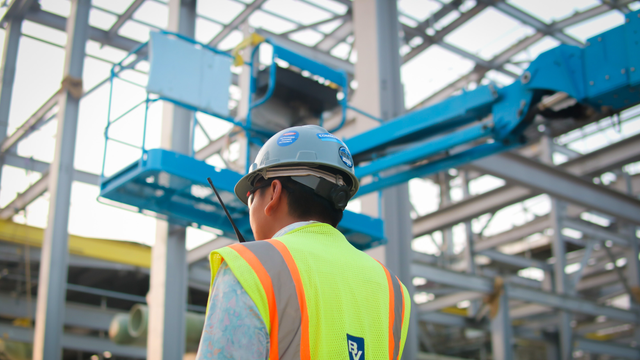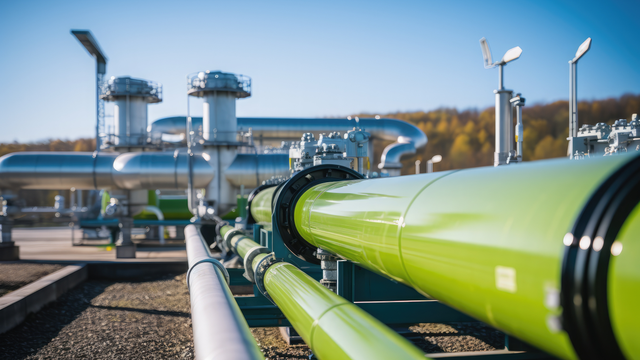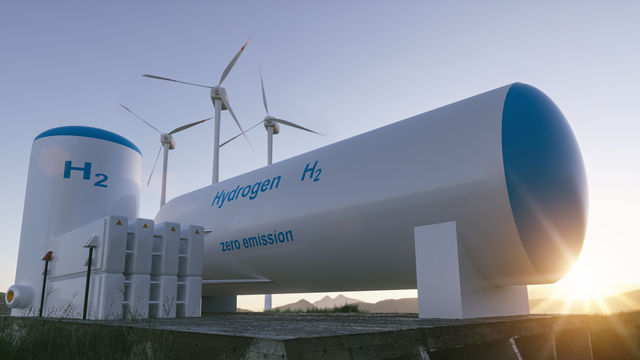
Listen: Black & Veatch leads hydrogen safety standards at one of the world’s largest hydrogen plants in Utah

The energy transition and expanding hydrogen economy are driving major milestones. In Delta, Utah, Black & Veatch is building one of the world’s largest—and potentially safest—hydrogen plants, featuring mile-deep storage caverns. On episode 316 of the Oil and Gas HSE podcast, produced by the Oil and Gas Global Network (OGGN), Black & Veatch professionals Jonathan Cristiani and Matt Krzysztofik, also executive members of the Center for Hydrogen Safety, share how they’re developing pioneering hydrogen safety standards for this groundbreaking project.
“Safety starts years before a shovel hits the ground,” said Jonathan on the podcast. “We want to make sure we’re taking care of the people within the company, along with the community, clients, vendors and contractors that work with us.” To do that, Black & Veatch takes a three-pronged approach to ensure that safety is built into this, and other similar projects
“Safety starts years before a shovel hits the ground,” said Jonathan on the podcast.
“We want to make sure we’re taking care of the people within the company, along with the community, clients, vendors and contractors that work with us.” To do that, Black & Veatch takes a three-pronged approach to ensure that safety is built into this, and other similar projects, by design:
Identify the risks. Although hydrogen is not new to the oil and gas industry, certain types of production and utilization, particularly for energy-related applications are. This makes the risk portfolio different, requiring more frequent engineering reviews and comprehensive risk assessments during both design and start up.
Foster a strong, corporate safety culture of openness. Create space for people to raise concerns, express differences, and open up lines of communication.
Punch holes in the design. Define a specific layout, interpret safety codes and standards in relation to it, and deliver the analysis not only to the client but also to relevant third-party safety study specialists for review and critique."
Hydrogen is not just a fuel—it’s a bridge between today’s fossil-based systems and tomorrow’s net-zero infrastructure. Projects like this one in Delta, Utah, demonstrate how traditional energy expertise can accelerate the clean energy transition.
Contact Us
Looking for a partner in innovation?
Let's Talk


